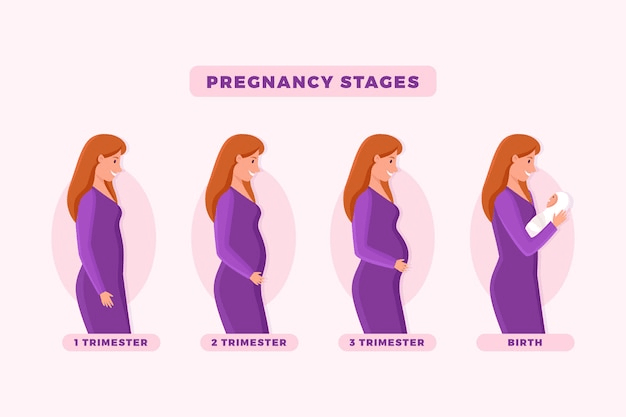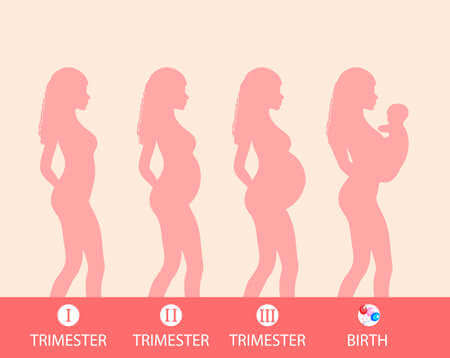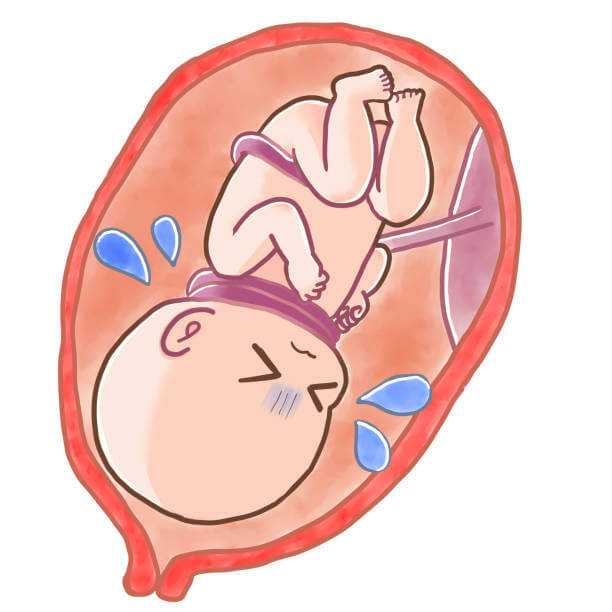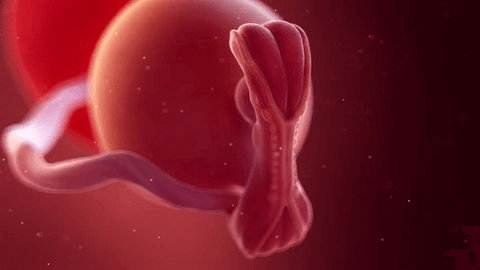Your First Trimester of Pregnancy: A Week-by-Week Guide

Discover what to expect during the first trimester of pregnancy, from common symptoms to important milestones. For expert advice, visit babyix.com.
Week 1 of Pregnancy
In obstetrics, pregnancy is measured from the first day of your last menstrual period, meaning your first trimester technically begins before conception. During this time, take a daily prenatal vitamin with at least 400 micrograms of folic acid to help prevent neural tube defects. It’s also wise to eliminate any harmful habits, like smoking.
Week 2 of Pregnancy
Although you’re still not pregnant in week two, ovulation typically occurs around this time for those with a 28-day cycle. This is your fertile window, lasting about six days. Engage in frequent intimacy during this period to maximize your chances of conception. Regular exercise is also beneficial, so aim for at least 30 minutes a day.
Week 3 of Pregnancy
By week three, conception usually occurs. It’s too early for a pregnancy test, but now is a good time to review your medications and ensure they are safe for pregnancy. Avoid products with excessive vitamin A and make sure your vaccines are up-to-date, including the flu and COVID-19 shots.
Week 4 of Pregnancy
You may get a positive pregnancy test this week. Early symptoms can include sore breasts, fatigue, nausea, bloating, and mood swings. Invest in a supportive bra and reduce exposure to environmental dangers like secondhand smoke. If you have a cat, avoid handling the litter box due to the risk of toxoplasmosis.
Week 5 of Pregnancy
By week five, the fertilized egg becomes an embryo. You might experience “pregnancy brain” and start feeling more emotional. Schedule your first prenatal visit, which typically occurs between six and ten weeks of pregnancy.
Week 6 of Pregnancy
Morning sickness might intensify this week. Focus on eating small, frequent meals and avoiding strong odors. Miscarriage fears are common, but remember that most are not preventable. To reduce risks, limit caffeine intake, avoid alcohol and smoking, and manage any chronic health conditions.
Week 7 of Pregnancy
The embryo doubles in size this week but remains less than half an inch long. Morning sickness may persist, and your appetite could increase. Listen to your body and maintain a balanced diet to manage symptoms.
Week 8 of Pregnancy
Your healthcare provider may detect fetal cardiac activity via ultrasound. You’ll receive an estimated due date, although only about 5% of babies are born on their due dates. Start preparing your living space for the baby and consider taking childbirth classes.
Week 9 of Pregnancy
Frequent urination and slight urinary incontinence may occur due to hormonal changes. Strengthen your pelvic floor with Kegel exercises to manage these symptoms and prepare for childbirth.
Week 10 of Pregnancy
Your baby, now a fetus, is about an inch long. Prenatal testing may increase, especially if you’re 35 or older or if recommended by your provider. Consider genetic screening or diagnostic testing, typically done between 10 and 12 weeks.
Week 11 of Pregnancy
Weird cravings, known as pica, may indicate a dietary deficiency. Schedule an appointment if you experience non-food cravings. This week also marks significant fetal organ development and the formation of genitals.
Week 12 of Pregnancy
Your uterus starts to expand beyond the pelvic bones, and you might begin to show, especially if this isn’t your first pregnancy. Avoid activities with a risk of falls or abdominal trauma and start steering clear of exercises requiring you to lie flat on your back.
Visit babyix.com for More Expert Pregnancy Tips
For comprehensive advice on navigating your first trimester and beyond, visit babyix.com. Our expert tips and guides will help you have a healthy and informed pregnancy journey.






